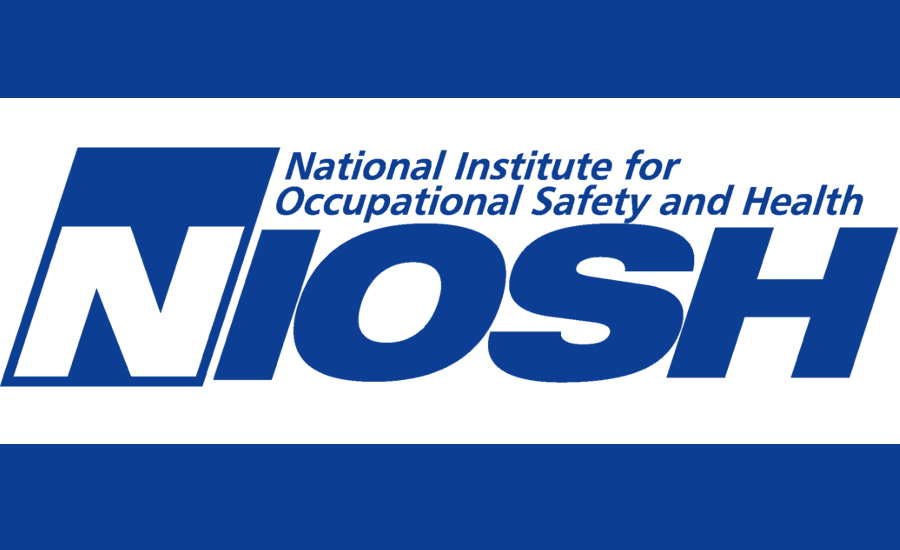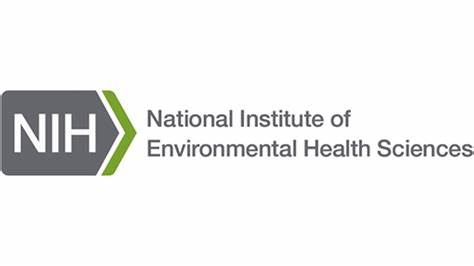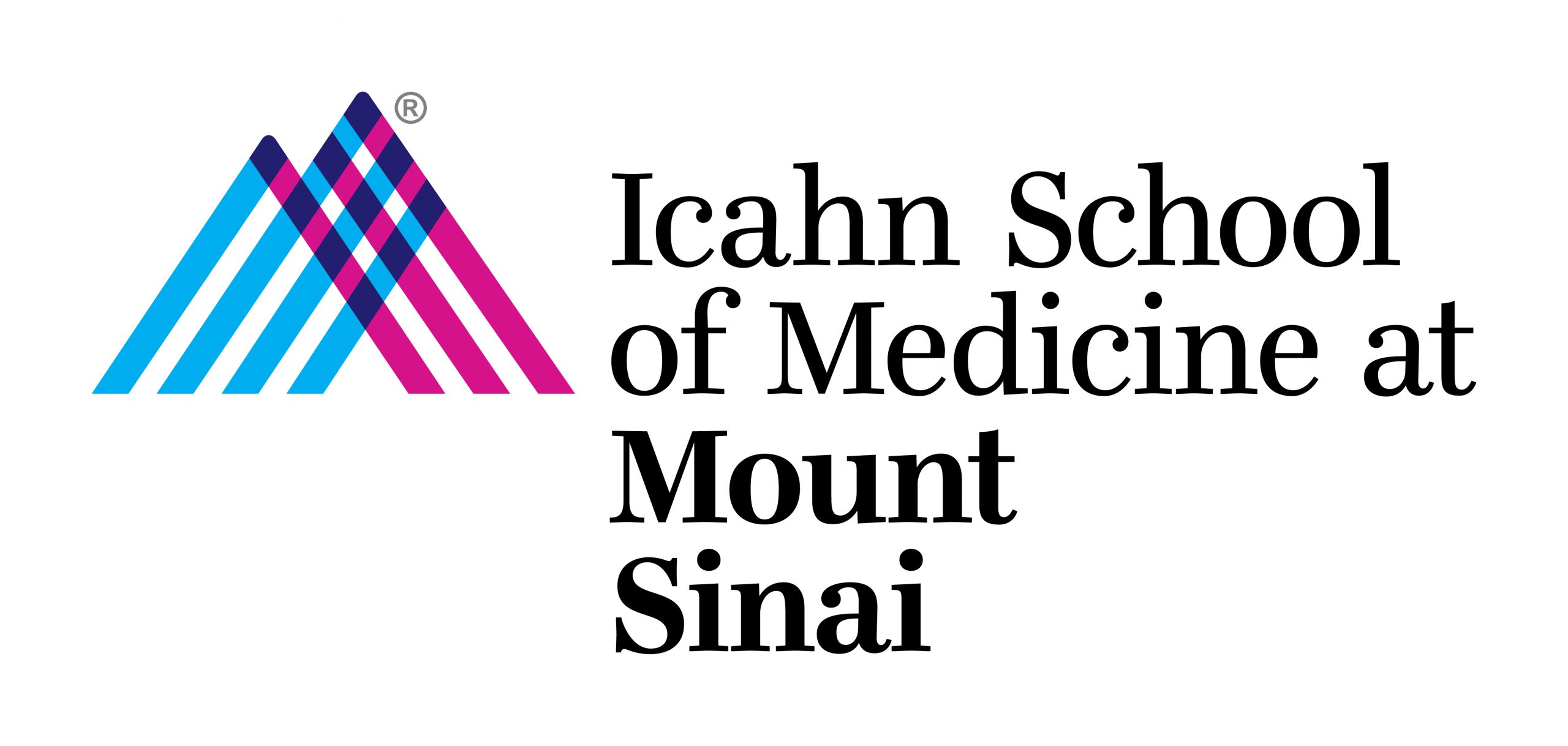Research
Thyroid Cancer and the Environment
Thyroid cancer incidence has been steadily increasing over recent decades. Although thyroid cancer overdiagnosis, which occurs due to increased access, use, and quality of diagnostic tools leading to the detection of small indolent thyroid cancers, may explain a part of this increase, there is growing evidence to support that exposure to environmental pollutants play a role as well. Exposure to ionizing radiation is a known risk factor for thyroid cancer. Our laboratory focuses on other environmental pollutants that may also be linked to thyroid cancer.
Endocrine disrupting chemicals (EDCs) are defined as exogenous substances that alter function(s) of the endocrine system, including the thyroid, and consequently cause adverse health effects. Examples of EDCs include pesticides, PFAS (also known as “forever chemicals”), BPA, flame retardants. Some EDCs are suspected to be associated with thyroid cancer. Our laboratory also focuses on exposure to metals as potential risk factor.
PFAS (“Forever Chemicals”)
Per- and polyfluoroalkyl substances (PFAS), a group of persistent EDCs, have been used in industry and consumer products since the 1940s. PFAS are ubiquitous in the environment due to their stable chemical structure. As so-called “forever chemicals”, they have been found in soil, water, and air. Additionally, PFAS have been found in a variety of products (e.g., nonstick cookware, stain-resistant fabric, firefighting foams), food, and drinking water, leading to almost universal exposure of the general population. Multiple institutions have highlighted the urgency of investigating the potential negative health impacts of PFAS exposure, including the European Union and the United States Environmental Protection Agency. Through epidemiological studies and collaborative efforts, we explore the impact of PFAS exposure on the thyroid.
Agent Orange
US military personnel who served in the Vietnam War represent a unique population of individuals exposed to Agent Orange, a widely used defoliant which was contaminated with 2,3,7,8-tetrachlorodibenzo-p-dioxin (TCDD). TCDD, a persistent endocrine disrupting chemical with a long biological half-life of up to 10 years, has been classified as a human carcinogen. Previous studies have reported increased rates of thyroid cancer among Vietnam Veterans exposed to TCDD. Our laboratory investigates whether past exposure to TCDD is associated with more aggressive thyroid cancer features, including higher rates of metastasis and cancer recurrence or lower survival, as well as more aggressive genetic changes. Results will be directly applicable to improve current management protocols for thyroid cancer patients exposed to Agent Orange or TCDD.
World Trade Center Disaster- 9/11
A two-fold excess risk of thyroid cancer has been reported in multiple World Trade Center (WTC) disaster-exposed cohorts, which is not explained by overdiagnosis due to surveillance or physician bias alone. Multiple endocrine disrupting chemicals (EDCs) have been identified in WTC dust samples. Excess thyroid cancer and possibly more aggressive thyroid cancers in WTC-exposed cohorts may be due to WTC dust exposure, containing multiple pollutants including EDCs. With our research into potential exposure-associated risk factors, we hope to identify phenotypes and biomarkers associated with increased risk of more aggressive thyroid cancer, which will lead to more effective screening and management of this population.
DIRECT-P
The “Database Investigating Risk and Environmental factors in Cancer of the Thyroid- Prospective (DIRECT-P)” study is a cohort of prospectively enrolled thyroid cancer patients seen in the Department of Otolaryngology- Head and Neck Surgery at Mount Sinai Hospital (New York), which started enrollment in January 2022. To address the overall hypothesis that environmental exposures alter metabolic pathways and therefore affect thyroid cancer prognosis, small amounts of blood will be collected using dried blood microsampler technology, which will be used to perform metabolomics experiments. Results will be associated with thyroid cancer prognosis (e.g. disease-specific survival, disease recurrence, and mutational profiles) thus investigating the role of environmental exposures in the development of more aggressive forms of thyroid cancer.
We acknowledge financial support for our research from our sponsors.




